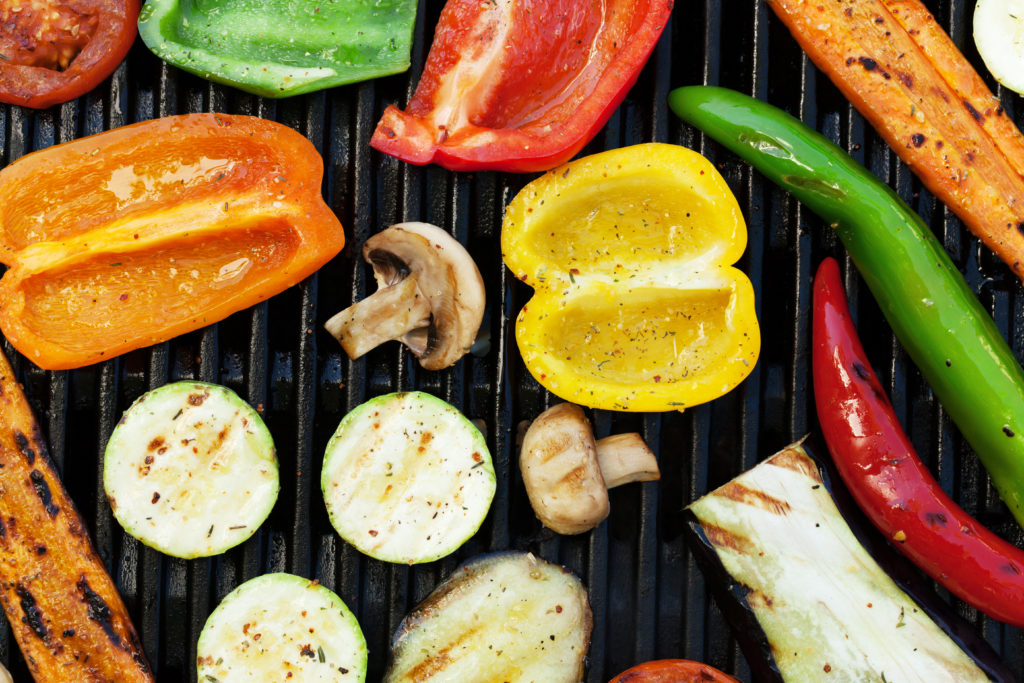Long before the COVID-19 pandemic, many have made the case for going vegetarian, not only to reduce animal suffering, benefit the environment or lead a healthier life, but also for the economic value. With millions of Americans temporarily laid off or unemployed, many are turning to a “rice and beans” diet during this recession.
Prior to the most recent economic downturn, misconceptions have existed that plant-based or vegetarian diets are too expensive for the average American, specifically for those in rural America. This can be attributed to the cost of specialty plant-based meats and cheeses, whose brands are often too small or niche to reduce their retail prices. But thanks to technology and innovation in the plant-based sector in recent years, these products have become more widely available and affordable as demand for them increases at the same time.
Now, many are finding that animal-based meat and dairy is less affordable than ever. But this notion is not a new one. Shifts towards vegetarianism are common during periods of recession, and many tend to make healthier lifestyle choices overall. According to a 2014 study published in the American Journal of Public Health, “In developed countries, recessionary periods are associated with better health behaviors, including increases in physical activity, increased fruit and vegetable intake and decreases in obesity.”
Related: Survey: Gen Z’ers Want to Eat More Plant-Based and Vegan Foods
The change in eating behavior during a recession has provoked the term “recession vegetarian” — a person that completely or partially reduces the amount of meat they consume in order to save money. During past recessions, many would transition to a mostly vegetarian diet but resume normal meat consumption when the economy made a comeback. But experts are predicting that today’s recession vegetarians will outlast the current pandemic.
According to a report from Culinary Tides, while vegetarian consumption increases in every recession, this recession is unprecedented. Several factors have boosted plant-based eating during the pandemic, including:
- Lack of meat supply, especially in the early days of the pandemic, prompting consumers to turn to plant-based or vegetarian options
- Skepticism toward the safety of meat, driven by the closures of meat plants across the US and the world due to COVID-19 outbreaks
- Technological advancements in plant-based meat and dairy, making them a more appealing option when animal-based products were unavailable or unaffordable
- The rise in popularity and availability of hybrid products that combine animal- and plant-based ingredients
- The motivation to take back control of one’s health during a global health crisis, starting with consuming less meat and more functional, plant-based foods
Perhaps plant-based eating was destined to grow exponentially, even before this recession. According to a 2016 study published by the Plant Based Food Association, the US’s plant-based foods industry alone amounts to annual sales of approximately $13.7 billion, with sales of plant-based foods increasing by an average of eight percent per year.
So maybe the pandemic has acted as a catalyst to boost plant-based eating. Such a switch offers many reasons for the government, and big food companies, to incentivize the agriculture industry to adapt to changing consumption patterns.












Join or login to leave a comment
JOIN LOGIN